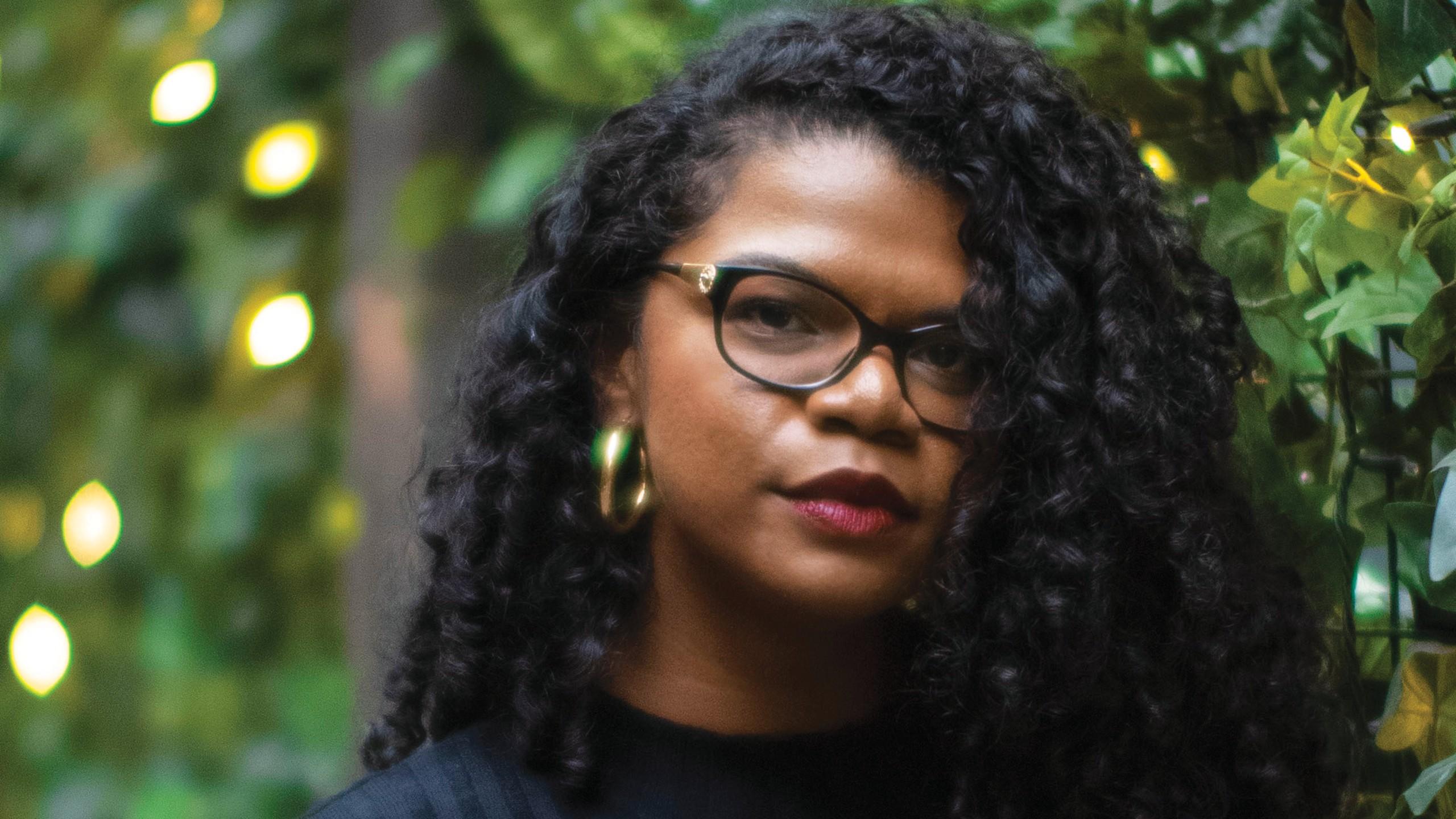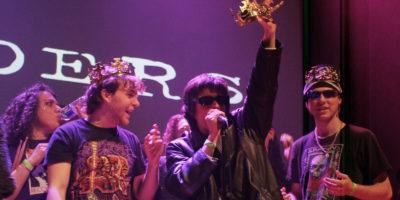By Rhea Singh
When Eternity Martis started her first year at the University of Western Ontario (UWO), in London, Ont., the city was ranked as having one of the highest rates of hate crimes in Canada.
What began as wanting to experience the party culture she missed in high school, revealed to be something problematic under the surface.
“At Western, people were like, ‘I’ve never seen a Black person before,’ or, ‘you’re funny for a Black person,’” said Martis. “[At first, it] was ignorant and subtle, and [then] turned into something more malicious and hurtful.”
As soon as Martis started noticing these issues surrounding race, she began to write about her experiences. It started as a blog post, then a play, and soon became They Said This Would Be Fun, a memoir about being a person of colour in a predominantly white campus.
“I would go back home [to Toronto] and tell people these things and no one would understand it. They’d say…‘I’ve never heard of it,’ or ‘that kind of racism is over,’” said Martis.
Two years into her degree, in 2012, Trayvon Martin was killed. And two months after she graduated, Michael Brown was killed.
In 2014, Martis graduated from UWO and made her way back to Toronto to get her masters in journalism at Ryerson. She describes the change as ‘bittersweet.’ However, compared to her masters experience in Toronto, UWO had a problematic foundation through its lack of attention to diversity.
“[At first, it] was ignorant and subtle, and [then] turned into something more malicious and hurtful”
“University towns are very white, Christian and conservative,” said Martis. “It’s so hard for people to comprehend [these issues], and a lot of people have not been in that situation where they lived in or moved to a small homogenous university town.”
For Martis and many students of colour, representation was different 10 years ago. “Black student associations [at UWO] weren’t as active because we weren’t talking about it,” said Martis. “They didn’t have as many events and panels as they do now, mostly due to the lack of social acceptance when talking about race in mainstream conversations.”
Nine years later, when Chizoba Oriuwa called out her professor at UWO for saying the N-word during an English lecture in October 2019, she felt devalued in a way similar to Martis’ experience.
“I instantly felt like my presence as a Black student, who sat in [a] front-row seat, was overlooked,” she told the CBC. “I felt deeply humiliated and angered that he said something like this.”
Oriuwa believes that UWO could’ve done better as an institution when it comes to creating safer spaces for Black students.
“Since the students spoke up in defence of [Oriuwa], the school and other student groups have come together to create panels on how to deal with racism,” said Martis.
In Oriuwa’s case, and many others, Martis said when it comes to change and activism, students act upon those issues rather than administration.
“What has changed is that students are taking action,” said Martis. “By students not standing for [these issues] in absence of the school taking action, they are pushing the school towards getting more involved.”
At Ryerson, it’s no different. The school has a history of student-run activism. Last semester, students held a one-day strike in a protest calling for the repeal of the Student Choice Initiative. In 2018, students, including members of the Black Liberation Collective (BLC), protested the Ford government’s free speech policy.
In her memoir, she also delves into sexual violence in college party culture.
For the current generation of students, Martis believes there is the perception that they are ‘lazy’ and ‘self-indulgent,’ when in actuality, there are many struggles they face. “It’s one of the largest groups of women who are assaulted by their partners, we are cyberstalked at ridiculous rates,” said Martis. “If we don’t take action now, there will be permanent consequences for this generation.”
According to an Ontario government survey about students’ experience of sexual violence, 71.6 per cent of its participants disclosed some form of sexual harassment at UWO. At Ryerson, it was 63.5 per cent.
“That culture of [college] partying has enabled rape culture and I understand…that you’re young, you want to experiment and [wonder] ‘what is it like to party,’ or, ‘what is it like to go drinking’ and that will always be there,” said Martis. “A lot of it is going unnoticed because we think students are just having fun and having the time of their lives.”
They Said This Would Be Fun is set to be released on March 31.










Leave a Reply